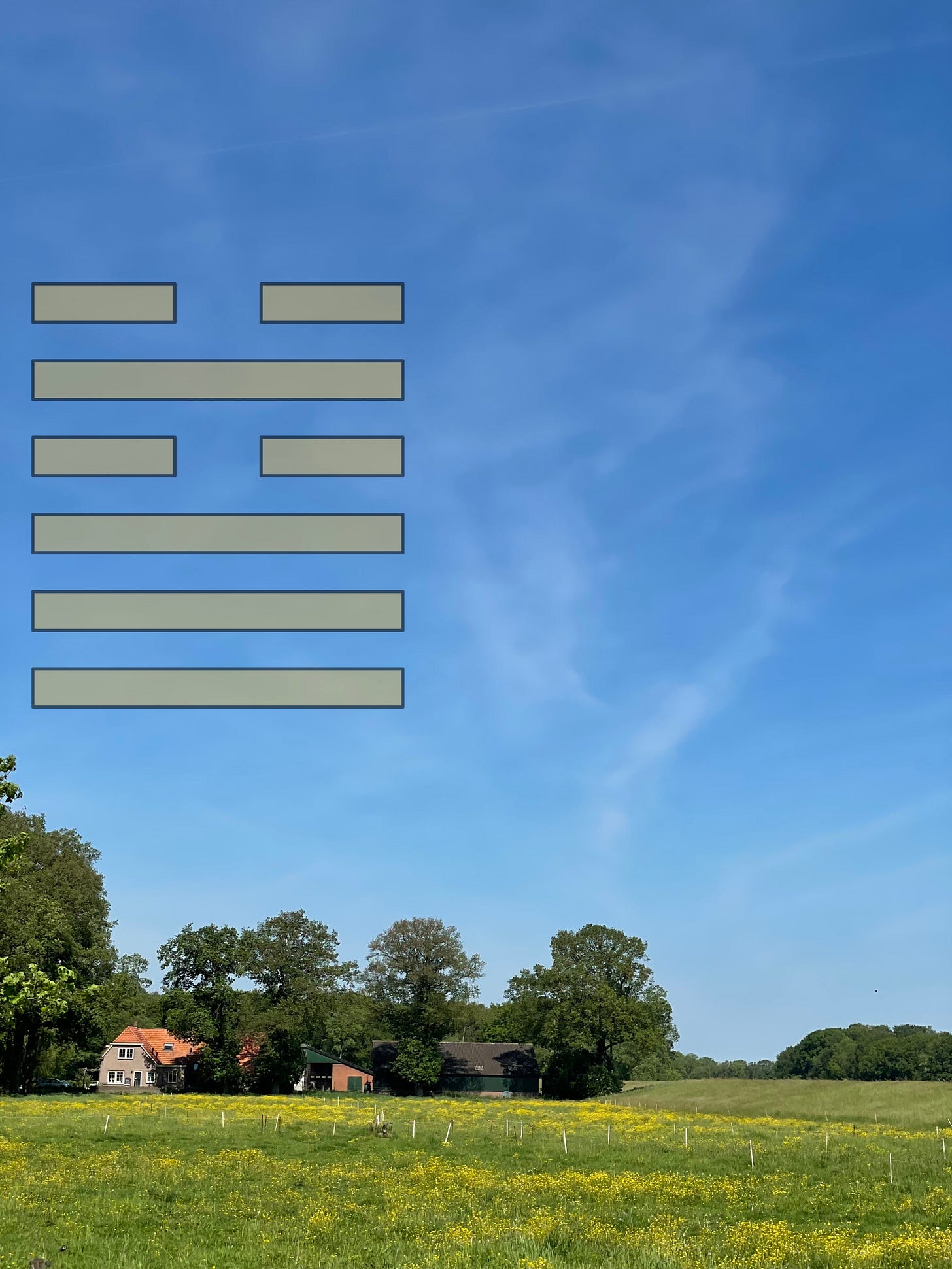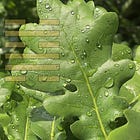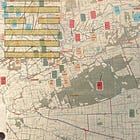THE IMAGE of two trigrams: Water above, Heaven below. There is moisture in the air. Enough for a high, thin veil of clouds. Not nearly enough for a gentle rain shower. And that is ultimately what matters: what would we do without water? Water is the primary condition for all life, for every society. Therefore, there is nothing else to do but wait. To exercise patience until better times come.
The story begins in chapter 3. Beginning followed by chapter 4. Play. Play is the absence of a set goal. Thinking comes after doing. You give impulsiveness and intuition free rein, and that takes you to places you never imagined existed. What a relief it is not to have to worry about making mistakes.
You discover the world through play. However, spontaneity alone is not enough: patience and the ability to wait are just as important. Waiting for your turn. Waiting for the right moment to act. And waiting, in order to delay an automatic response for a moment, so that you can replace it with something more creative.
Waiting opens up unexpected possibilities. What happens if you don’t follow your usual routine this time? Can you stay in the no man’s land of doing nothing for a while? Can you embrace your impatience and listen to hidden options?
Waiting is a central theme in the Book of Change. There are definitely moments when you have to seize your opportunity without delay by taking immediate action. But who knows, this time you might achieve much more by not stepping forward, reacting or acting. Chapter 5 explores the art of waiting. Observing with heightened awareness what the situation requires. Waiting and watching.
wait(v.) c. 1200, waiten, ‘to watch with hostile intent, lie in wait for, plot against,’ from Anglo-French and Old North French waitier ‘to watch’/ (Old French gaitier ‘defend, watch out, be on one’s guard; lie in wait for;’ Modern French guetter). This is from Frankish *wahton or another Germanic source, from Proto-Germanic *waht- (source also of Dutch wacht ‘a watching,’ Old High German wahten, German wachten ‘to watch, to guard;’ Old High German wahhon ‘to watch, be awake,’ Old English wacian “to be awake”), from PIE root *weg- ‘to be strong, be lively.’ etymonline.com
Wait a minute, after all, just a small shift is enough to change the whole situation.
The first line, the beginning of the situation, changes. Waiting can be the start of recovery and regeneration.
The second line is changing. How patience and waiting lead to a more ideal situation.
The third line changes. Waiting is undoubtedly the key to self-discipline and concentration.
The fourth line changes. Waiting and exercising patience could easily lead to a breakthrough.
The fifth line changes. Progress by waiting. That is ‘investing in the opposite.’
The top line changes. Although waiting may feel like defeat, in reality it is not. Exercising patience for a while can lead to small but essential steps being taken.














